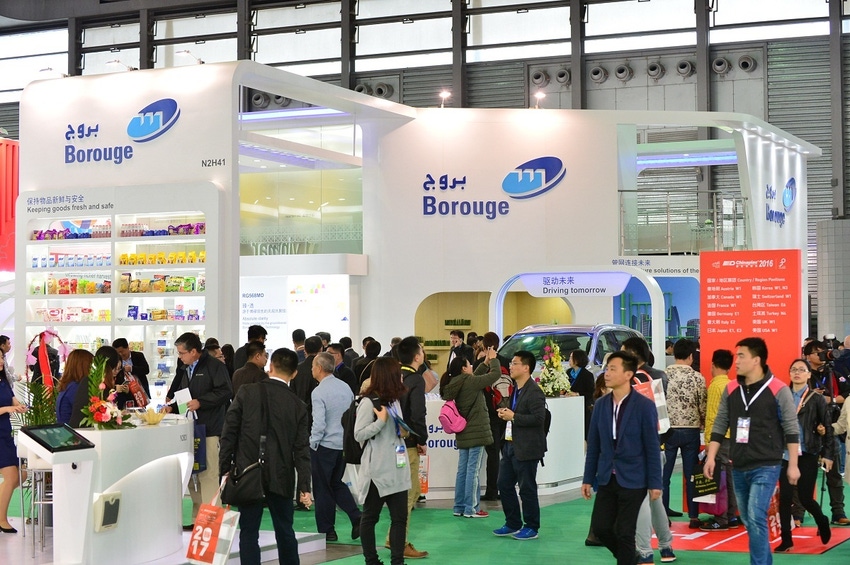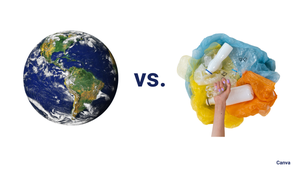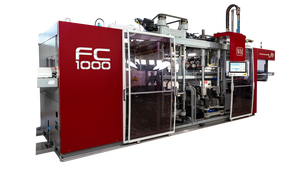May 4, 2016

Chinaplas was the stage for two major developments in automotive grade polypropylene (PP) with the introduction to the Chinese market of Borouge’s Fibremod Carbon PP composite material and news of developments in foam injection molding of glass fiber reinforced PP.
Foamed, glass reinforced PP components are around 15% lighter than non-foamed parts, opening up opportunities for vehicle lightweighting. |
|
Fibremod grade CB201SY can deliver one kilogram of weight savings at a cost of EUR6 based on overall system cost. This compares favorably with aluminum, magnesium, and 20% glass fiber-reinforced polyamide. |
Speaking to Plastics Today at the event in Shanghai, Umberto Granata, Borouge’s Vice President, Marketing Centre Mobility said that his company was working with chemical and physical blowing agents and PP materials optimized for foaming to realize 3-4-mm-thick parts with foam cores and surface finish good enough for use in auto interior applications. “One important feature of these new materials is that despite the use of chemical blowing agents in some formulations, we are still able to meet the latest stringent VOC regulations,” says Granata.
The materials were developed at the company’s Shanghai-based R&D center. They are available in both glass reinforced and non-reinforced variants, meaning utilization in structural parts is also possible.
The carbon fiber-reinforced grades, meanwhile, were developed by parent company Borealis in Europe. Available in short and long fiber variants, the Fibremod Carbon PP composite materials are destined for low volume applications where light weight commands a premium and part shape is complex.
Further, Fibremod Carbon compounds provide stiffness not seen before in PP, reaching up to 20,000 MPa, combined with an extraordinarily low density. Specific bending stiffness is superior to both aluminum and magnesium.
Compared to aluminum, the cost benefit is still significant; a comparison to 30% glass fiber-reinforced polyamide (PA) shows neutral cost advantage, but a weight reduction potential of more than 30 percent.
Available grades include 10%, 20%, and 30% carbon fiber reinforced PP materials. The first commercial applications of Fibremod Carbon include a component used to secure a high-density polyethylene (HDPE) fuel tank and a frame component for a motorcycle manufactured by a European OEM.
You May Also Like



